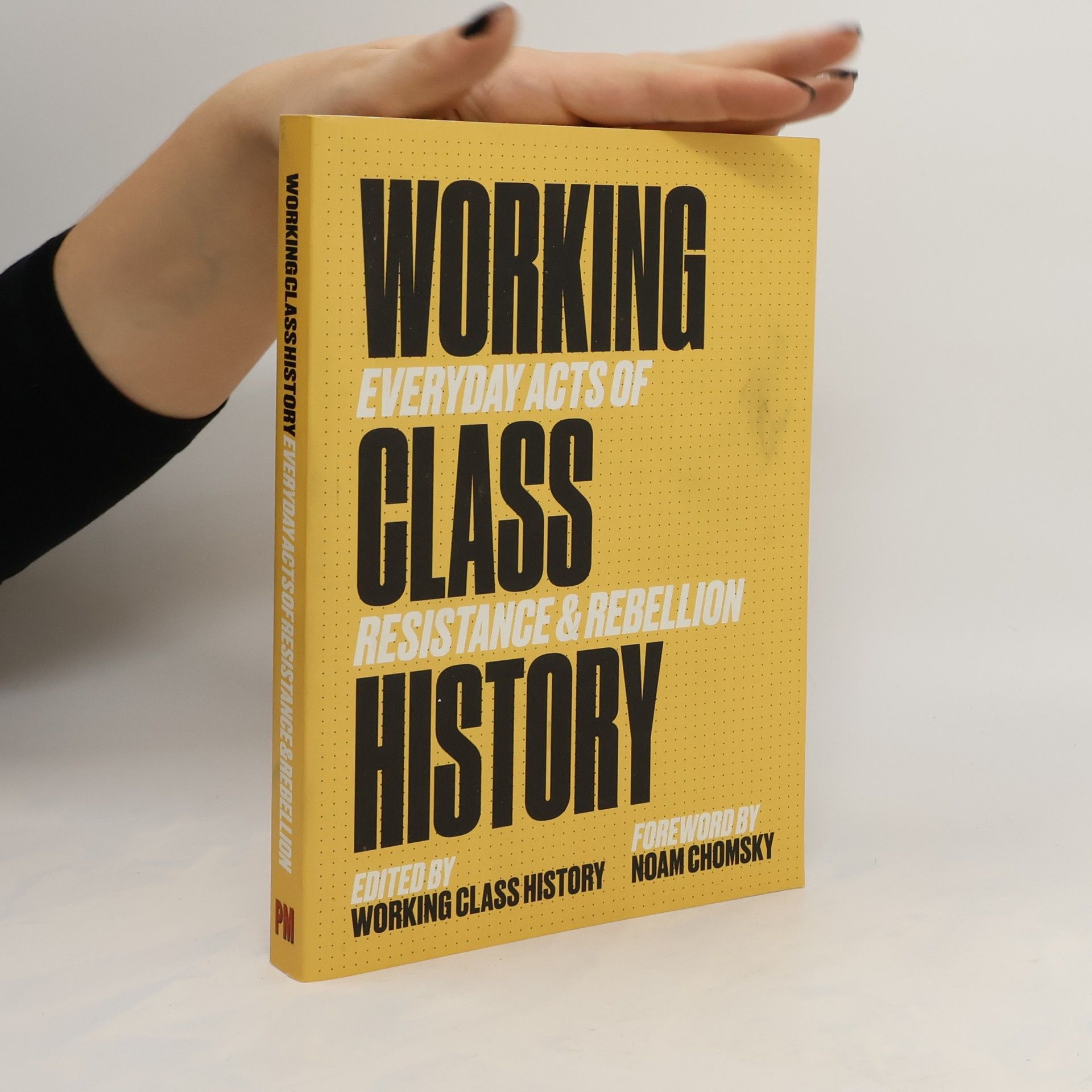Asylum For Sale
- 368pages
- 13 heures de lecture
Through essays, artworks, photographs, infographics, and illustrations, Asylum for Sale: Profit and Protest in the Migration Industry regards the global asylum regime as an industry characterized by profit-making activity. It offers a fresh and wholly original perspective by challenging readers to move beyond questions of legal, moral, and humanitarian obligations that dominate popular debates regarding asylum seekers. In highlighting protest as well as profit, Asylum for Sale strikes a crucial balance of critical analyses and proposed solutions for resisting and reshaping current and emerging immigration norms.

